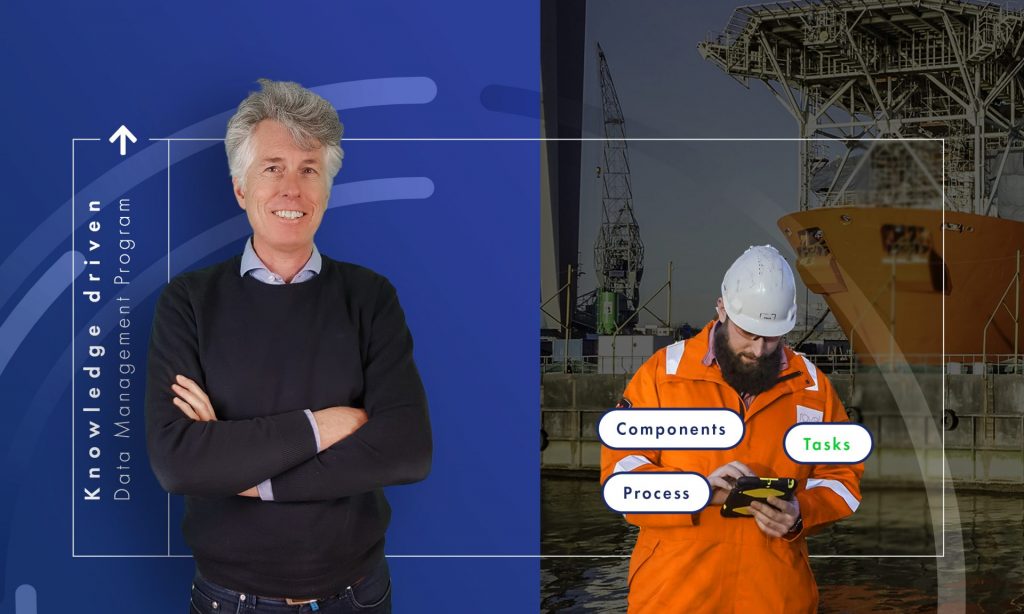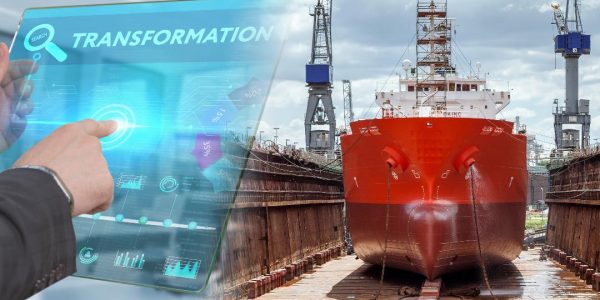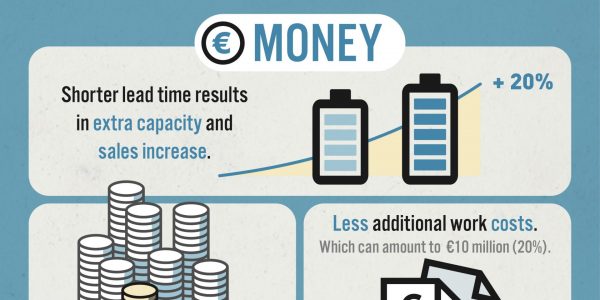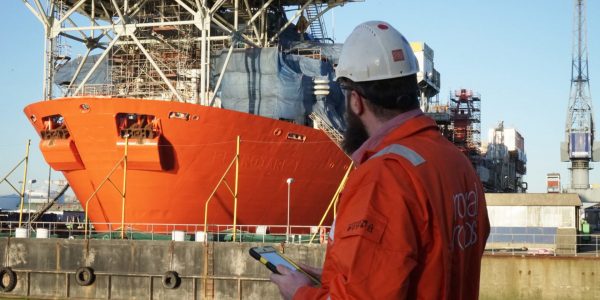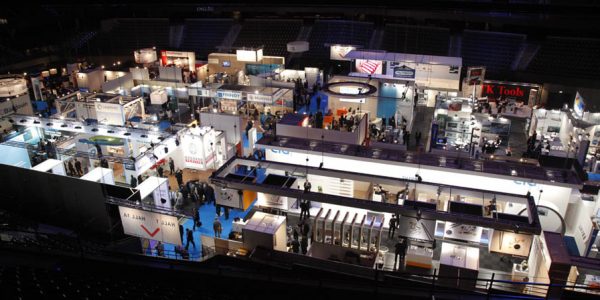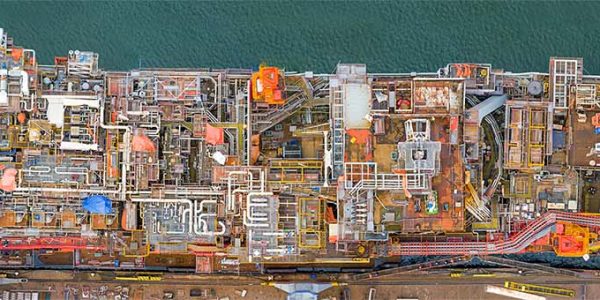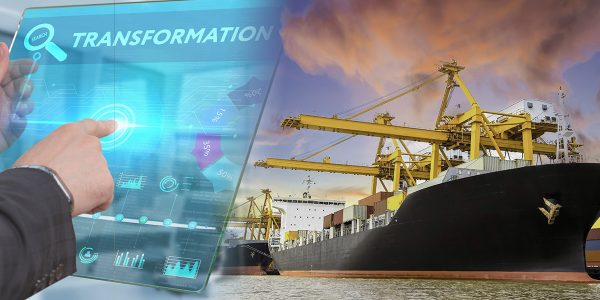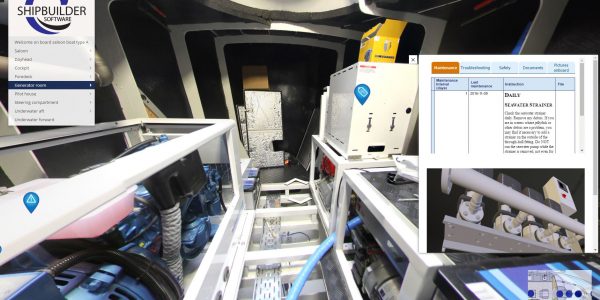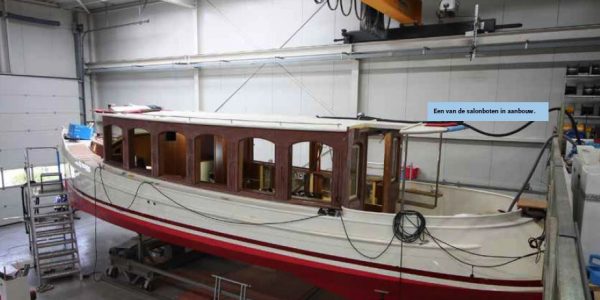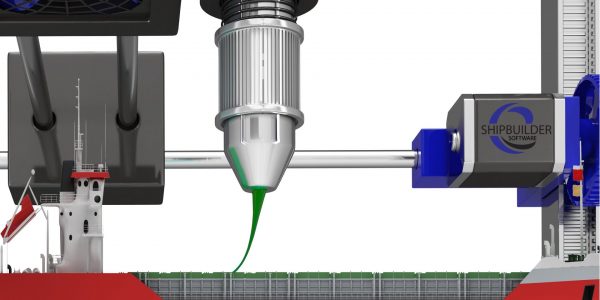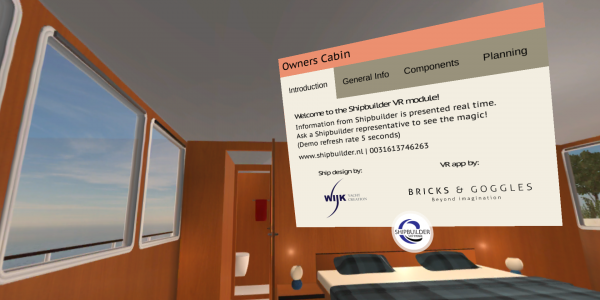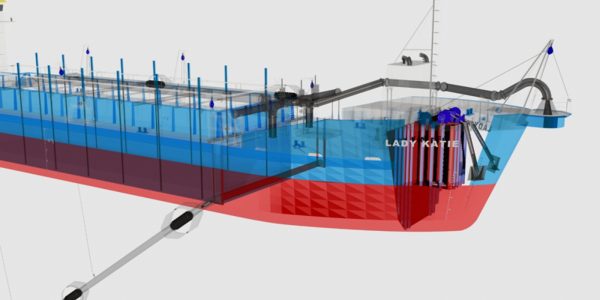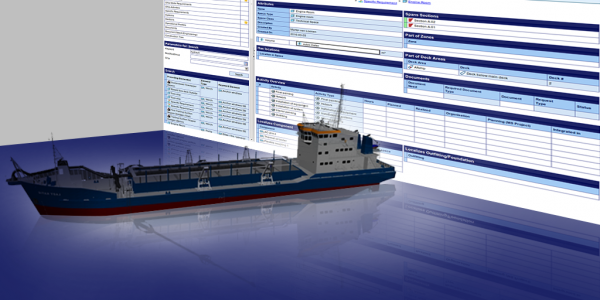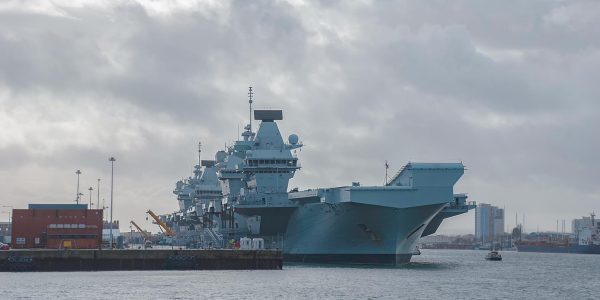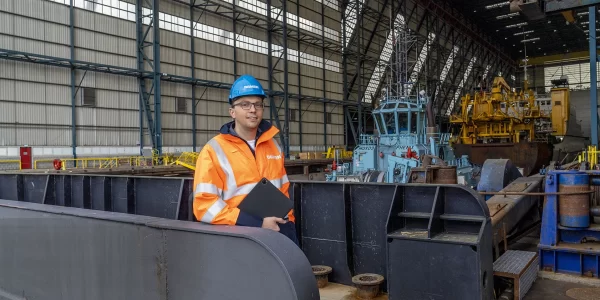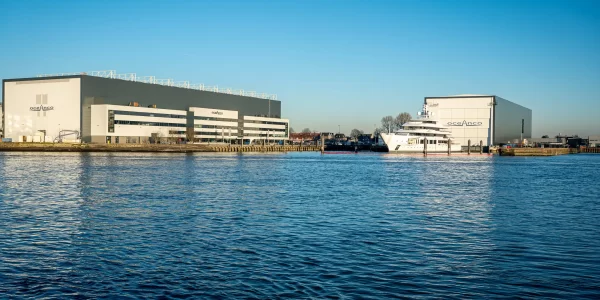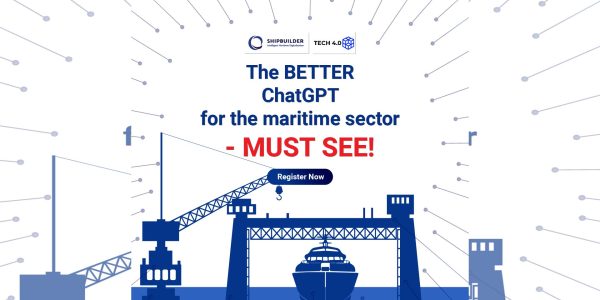André Zijderveld has decades of experience in the maritime sector and he now works as a maritime consultant for Shipbuilder Software based in The Netherlands. In this interview, André discusses how shipyards and yacht builders can make their projects more profitable while also improving efficiency. And, You Don’t Build Ships with marine ERP Systems.
André: In all my years in the maritime sector, I have seen the financial departments in the maritime sector working with a broad range of ERP programs. However, it is a misconception to think that you can manage an entire shipbuilding or yacht building project with one of these programs. To my surprise, though, people are still trying to manage projects with just an ERP with despite all the mistakes that come along with that approach. I believe there is a more effective approach to managing these projects.
How do you recommend managing a project and what is the role of an ERP program?
André: Large maritime companies, of course, need an ERP system that permits them to control the financial processes. However, that is not enough. An ERP system that runs smoothly is great for the finance department, but it only controls the financial part and some of the logistics of the proceedings. The engineers, workmen, and operations managers simply do not realize the same benefits from these systems in their work. They need to have a system that supports the primary processes in the organization. These are the processes by which the company creates value. That can best be done with a data management program.
How does a data management program control the primary processes?
André: A data management program holds all data of your projects. In fact, all business knowledge is stored and processed in a good data management program such as the number of available and required parts for the work to be carried out. A good data management program provides information to all departments: from design to work planning and from construction to the inspection department. Everybody can start using this information immediately. It is also real-time information, so everyone works with the same, correct information. By using a good data management program, far fewer mistakes are made at maritime companies.
Organizations build their strengths and improve their efficiency when they combine a data management program with a marine ERP system. The ERP system reports, for example, on the profitability of your projects, while your data management program helps you in your work and also helps you grow.
How does a data management program help you grow?
André: An ERP system only writes history. It helps you to know what your profit is on a project and the financial success of your activities within a project, but that is all it tells you. People in the workplace need tools with which they can ask the right questions about production and tasks and that is exactly what a data management program provides.
With a data management system, you can easily manage your activities and work far more efficiently. It also supports a company with information to improve its process for future projects. For example, you can share the knowledge gained during the activities with each other and save it for the next project. This gives your organization the ability to develop future innovations and improve its processes. If you want to grow, a good data management program is absolutely necessary. You need a tool to make clear what capacity you have and which activities can be improved. It’s the only way you can grow. This implies, however, that you are willing to switch to a new and innovative way of working.
How does that work? A new and innovative way of working?
André: Take a project manager as an example. With an ERP system, they can only check whether the project is running financially on schedule. With a data management program, the technical and project part can also be checked. However, so much more is possible. For example, the project manager can ask a supplier to add the necessary information directly to the project. He can then forward the received information directly to the workplace. This changes the role of such functions completely. As far as I am concerned, it will be much more challenging because everybody will work knowledge-driven with all data, from project manager to the workplace and from engineer to customer. Add the fact that everything can be monitored and adjusted in real-time and that creates a truly innovative workplace.
What conditions must be met by a good data management program?
André: For us, innovative working also means that we make work in the maritime sector more enjoyable. I cannot find that in many old-fashioned, reactive data management programs. I mean that you have to enter the data again and again for each project and only then you can get started with it. This way you can hardly be innovative. Let’s face it, having to fill in such a system again and again is not the most pleasant activity, let alone reinventing the wheel over and over again is not very efficient.
With the Shipbuilder system, you build up a knowledge base. With every project you draw on this knowledge base and you can continuously improve your operations. As a result, your innovative strength will advance at full speed with every project.
André concluded: So yes, an ERP system is good for the financial activities in a company, but you don’t build yachts and ships with it. In my opinion, you need a data management program to truly manage and innovate in the workplace.
As appeared on The Maritime Executive
If you want to know more about how Shipbuilder can help your company to innovate, please do not hesitate to contact us.
